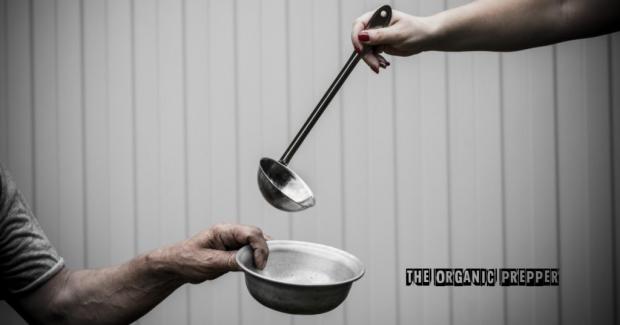
Breaking News
 Steak 'n Shake Adds $5 Million in Bitcoin Exposure, Deepening Bitcoin Commitment
Steak 'n Shake Adds $5 Million in Bitcoin Exposure, Deepening Bitcoin Commitment
 When Early Cancer Warnings Are Ignored
When Early Cancer Warnings Are Ignored
 'Rock Now Beats Paper': Making Sense Of "Silver Friday's" Utterly Rigged Nonse
'Rock Now Beats Paper': Making Sense Of "Silver Friday's" Utterly Rigged Nonse
 Detroit Judge Charged In Plot To Embezzle Money From Over 1,000 'Incapacitated Individuals'
Detroit Judge Charged In Plot To Embezzle Money From Over 1,000 'Incapacitated Individuals'
Top Tech News
 How underwater 3D printing could soon transform maritime construction
How underwater 3D printing could soon transform maritime construction
 Smart soldering iron packs a camera to show you what you're doing
Smart soldering iron packs a camera to show you what you're doing
 Look, no hands: Flying umbrella follows user through the rain
Look, no hands: Flying umbrella follows user through the rain
 Critical Linux Warning: 800,000 Devices Are EXPOSED
Critical Linux Warning: 800,000 Devices Are EXPOSED
 'Brave New World': IVF Company's Eugenics Tool Lets Couples Pick 'Best' Baby, Di
'Brave New World': IVF Company's Eugenics Tool Lets Couples Pick 'Best' Baby, Di
 The smartphone just fired a warning shot at the camera industry.
The smartphone just fired a warning shot at the camera industry.
 A revolutionary breakthrough in dental science is changing how we fight tooth decay
A revolutionary breakthrough in dental science is changing how we fight tooth decay
 Docan Energy "Panda": 32kWh for $2,530!
Docan Energy "Panda": 32kWh for $2,530!
 Rugged phone with multi-day battery life doubles as a 1080p projector
Rugged phone with multi-day battery life doubles as a 1080p projector
 4 Sisters Invent Electric Tractor with Mom and Dad and it's Selling in 5 Countries
4 Sisters Invent Electric Tractor with Mom and Dad and it's Selling in 5 Countries
SELCO: What We Ate and How We Got Food When the SHTF

Editor's Note: If a disaster is bad enough and lasts long enough, it isn't going to take long before there is no food to be had. In this interview with Selco, he shares his real-life experiences and explains how people kept from starving to death when there was no food in the stores. ~ Daisy
How do you get food when there are no stores?
At the beginning of everything, most of the people did not have any significant "stash" of food in their homes.
In other words, the majority of common folks had food for a couple of days in their pantry and that was it. There were exceptions to that because the process of collapse did not happen in a few hours (in terms of suddenly there is no food in the stores).
When the chaos started, people looted stores after a short period of everyone buying things in a panic. Still, the majority of folks did not manage to get a decent stash of food from stores. Some did not want to believe that they were gonna need a stash. Others did not want to go out and participate in looting because it was dangerous. But I think the most obvious reason was that all food from stores was taken very fast.
In the beginning period of SHTF, events unfold at a very fast pace. Actually, events go one after another so fast that if you find yourself lost in one event at the end of several events, you ask yourself, "Why in the name of God I did not go out and buy a whole bunch of food while I still could do that?"
Was gardening an option? If so, how did people protect their gardens?
Yes, it was an option, but the percentage of food from a garden was low because of a few reasons.
It was a city, without enough land for significant food growing, and the second reason is that even people who had some land (small gardens near houses) needed time to grow food there.
People usually did not grow food there in normal times, flowers, tea, maybe some particular kind of tomato, salad greens, and similar.



